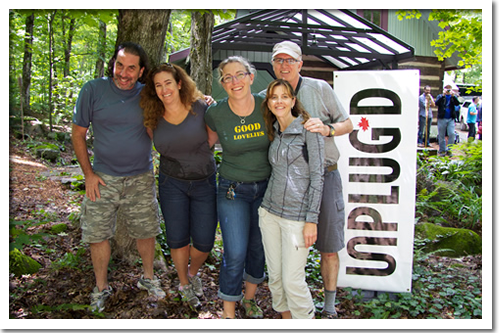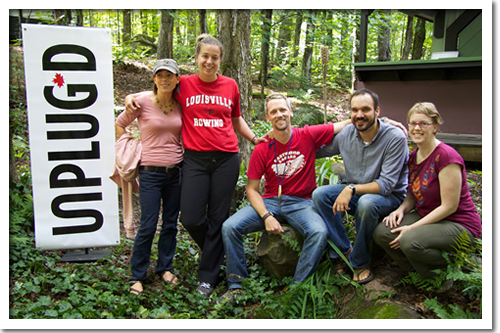
Dear Me,
When you made the decision to teach “them” a lesson based on your experience with the mean girls in your past, you destroyed any chance for the creation or advancement of knowledge.
Something went egregiously wrong. In the protection of your own ego, coupled with baggage and shrapnel from your past, you temporarily forgot what mattered in terms of education. Your dependence on technology, project-based learning, a faux and conceded understanding of the content, and your complacency with your vision of what it means to teach and learn, clouded what was fundamental for the success of the learning environments you attempt to lead: relationships built on respect, a common goal, and the nurturing of autonomous learning. With this in mind, I offer these words as an admission, but also as a lens into what might lead towards the notion of what truly matters when it comes to teaching. In this respect, perhaps this letter is more a conceptual analysis than an exercise in reflection. Nevertheless, both are equally paramount to our pedagogy and our students.
You and your students were tasked with what some would call the “reading of history.” Due to your insecurities, you chose to attack the course from your level in an attempt to impress, or at least hide the fact that you were not, in fact, an expert. You attempted, perhaps foolishly, to introduce the likes of Howard Zinn and Noam Chomsky into the learning environment, but their ideas and understanding of history seemed to bead off some learners like inane AM radio jingles. You attempted to introduce provocative films, innovative technology, and historical fiction to try and engage them. All of these seemed to fail, as the behaviour of some of the learners indicated a disdain for the course and for you.
This behaviour became worse. You began to fixate on their distrust of you and how they treated their peers. Subconsciously, you related their actions and language to those of the “mean girls” who tormented you throughout your middle school experience. You were determined to “teach” the learners how to be better people and protect those most vulnerable in the class. At this point, you lost the “mean girls” and forgot to be the adult. Your mission became less about providing an environment for a transformative experience and personal and collective growth, but about teaching a lesson.
This experience left you feeling empty and defeated. I can only imagine that it left the students feeling frustrated and turned off from “reading history.” If there is a saving grace, however, this experience has made you conscious of your own failings, your ego, and what is fundamental to the success of any learning environment - trust. The dark cloud that forced its way in between you and the students was too powerful to allow you all to deconstruct common understandings of history, whereby, eliminating any opportunity for us to make critical comments on contemporary society.
My hope for you is that you take away from this an understanding that prior to content, or method, or notions of assessment, we need to be able to forge a link between each learner in a community. We need to understand where learners are coming from, intellectually, emotionally, culturally, and historically. Failing to do so is is the greatest disservice to learners and poor methodology.
I know in the future you will mitigate the remnants of the mean girls of your past - not out of guilt or remorse - but perhaps so you and your future students can tackle concepts such as growth, epistemology, and learning. More importantly, the learners need to know that educators are fallible, that antagonism is futile, and that we are all learners.
Sincerely,
Me
Matt Henderson






